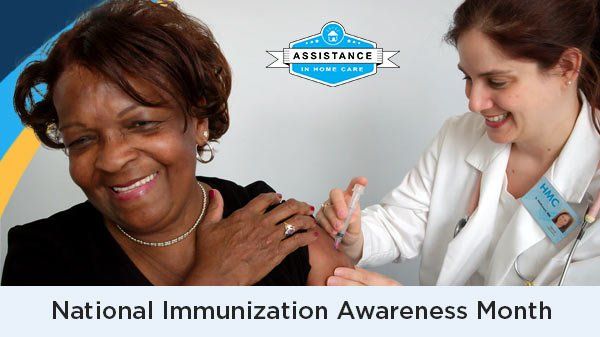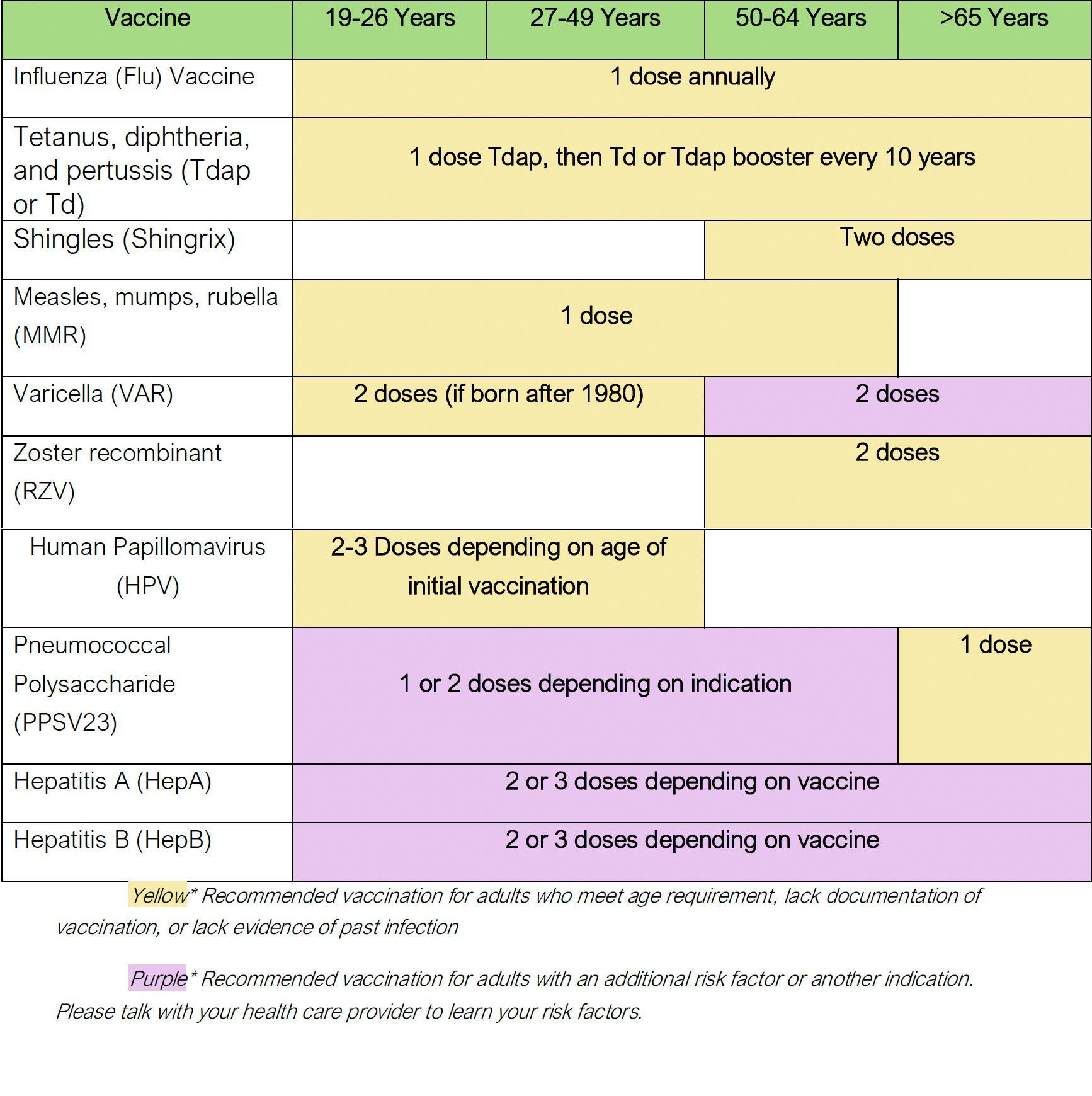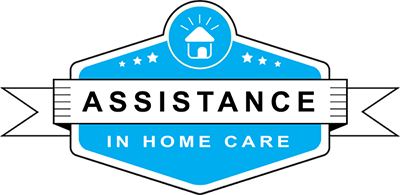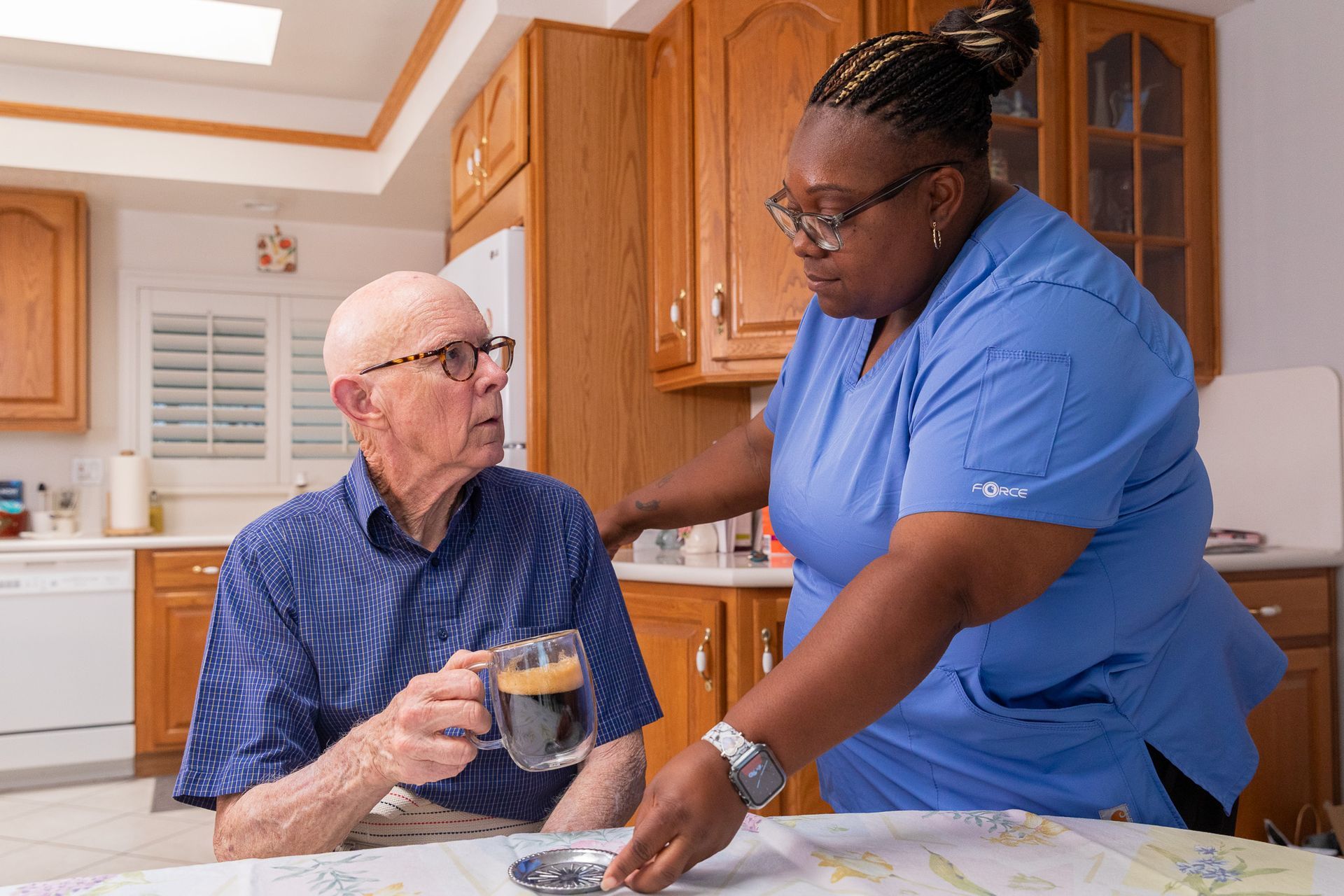AIHC’s Top 10 Recommended Vaccinations for Adults
October 20, 2021

As we get older, keeping track of what vaccinations we need may become overwhelming. Luckily, we know where you can start. AIHC has created a vaccination timeline for adults 19 years or older based off of information from the Centers of Disease Control and Prevention (CDC). AIHC encourages that you communicate with your healthcare provider to learn the steps you or a loved one needs to take to remain healthy.



